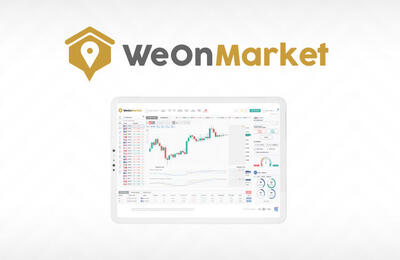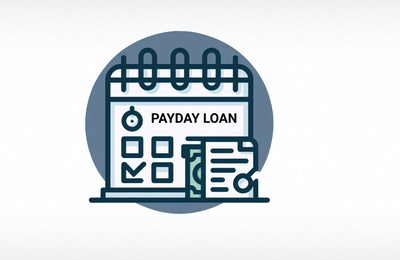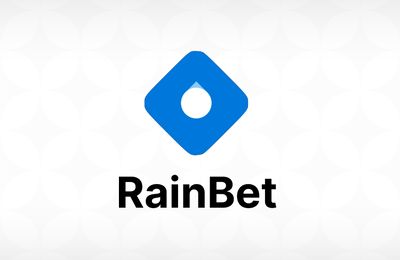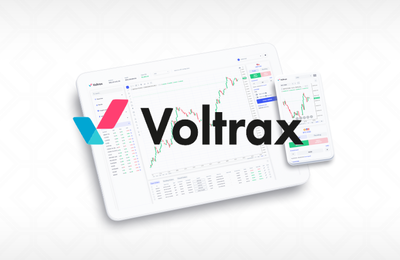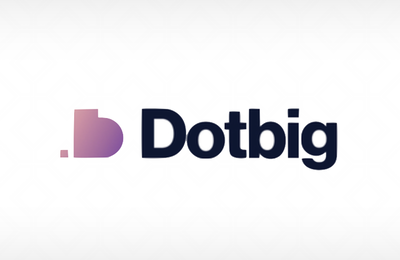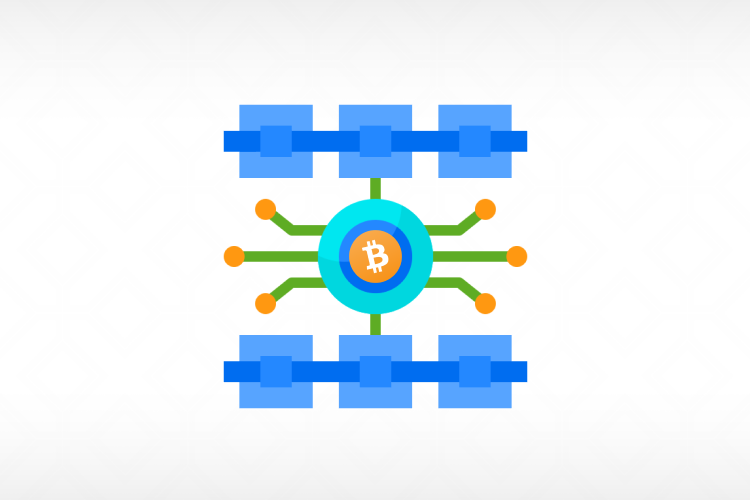
Since Bitcoin's inception in 2009, the concept of tokenomics has evolved significantly, shaping the landscape of digital economies. In a world where blockchain technology is revolutionizing traditional economic models, understanding tokenomics is crucial for both investors and project developers. This article delves into the core of tokenomics, its history, importance, and key components.
Key Takeaways
- Tokenomics is an integral part of any blockchain project, influencing its success and sustainability.
- Understanding token allocation, supply, model, incentives, consensus mechanism, and the token flywheel is key to grasping tokenomics.
- Professional services play a pivotal role in shaping and auditing token economies, ensuring they are robust and aligned with market and project goals.
What is Tokenomics?
Tokenomics, a blend of 'token' and 'economics,' refers to the economic policies governing digital tokens in decentralized networks. It encompasses strategies for token distribution, supply, incentives, and utility, playing a pivotal role in the success of blockchain-based projects. Tokens serve various purposes, from granting access to services to enabling governance in decentralized ecosystems.
The Historical Roots of Tokenomics
The concept dates back to the 1960s, rooted in behavioral psychology. Originally, token economies were systems where tokens served as rewards for desirable behaviors. This method was utilized in educational and correctional settings. Today, tokenomics has been recontextualized in the digital realm, forming the backbone of blockchain project economies.
Why Understanding Tokenomics Matters
For investors and project creators, a solid grasp of tokenomics is vital. It helps in assessing the viability and potential success of crypto projects. A well-designed token economy can increase a token's value by creating demand and scarcity, whereas poor tokenomics may lead to disinterest or failure.
The Role of Tokenomics Consulting and Auditing
In the intricate landscape of today's digital economy, specialized services such as tokenomics consulting and auditing are becoming increasingly indispensable. Entities like Black Tokenomics offer expert services in designing and auditing token economies, assisting projects in refining their economic frameworks to ensure both compliance and effectiveness. Their tokenomics audit service, akin to the widely recognized smart contract audits conducted by organizations like Consensys, provides a similar level of scrutiny and certification. This form of auditing is gaining traction and is poised to become as sought-after as smart contract audits, offering projects a badge of reliability and thoroughness in their token economic strategies.
The Must-Haves in Tokenomics
Token Allocation and Distribution: This involves strategies for token distribution, which can range from fair launches to pre-mines. Understanding who holds the tokens and how they're distributed is crucial in assessing a project's integrity and potential market dynamics.
Token Supply: It's vital to understand the different types of token supplies, like circulating, total, and maximum supply. These factors influence a token's market capitalization and its risk-reward profile.
Token Model: Whether a token is inflationary or deflationary shapes its future value. Inflationary tokens, like Dogecoin, have no supply cap, whereas deflationary tokens, like Ripple's XRP, have a fixed supply, affecting their scarcity and value over time.
Token Incentives: These include profit-sharing and staking mechanisms, encouraging long-term holding and network participation.
Consensus Mechanism: The underlying consensus protocol, such as Proof-of-Work or Proof-of-Stake, impacts a token's distribution and security.
Token Flywheel: This concept involves creating a positive feedback loop where increased utility drives up token value, aligning network participants towards common goals.
The Right Amount of Emission
Determining the appropriate emission rate for tokens hinges on factors like the project's growth metric, token supply and demand balance, and token value. The emission should align with the project's overarching goals and market dynamics.
Who Decides Tokenomics?
Typically, a project’s founding team, in consultation with advisors and stakeholders, decides the tokenomics. This decision-making process includes extensive research, economic modeling, and stakeholder feedback.
Understanding What Tokenomics Isn't
Tokenomics is distinct from the technical workings of blockchain, marketing strategies, cultural contexts, and financial analysis. It's a specialized field focusing on the economic attributes of tokens.
As we delve deeper into the era of blockchain and cryptocurrencies, tokenomics emerges as a critical field of study and application. Understanding its nuances not only aids in making informed investment decisions but also guides the creation of balanced and sustainable digital economies. As tokenomics continues to evolve, its role in shaping the future of finance and technology becomes increasingly significant.





